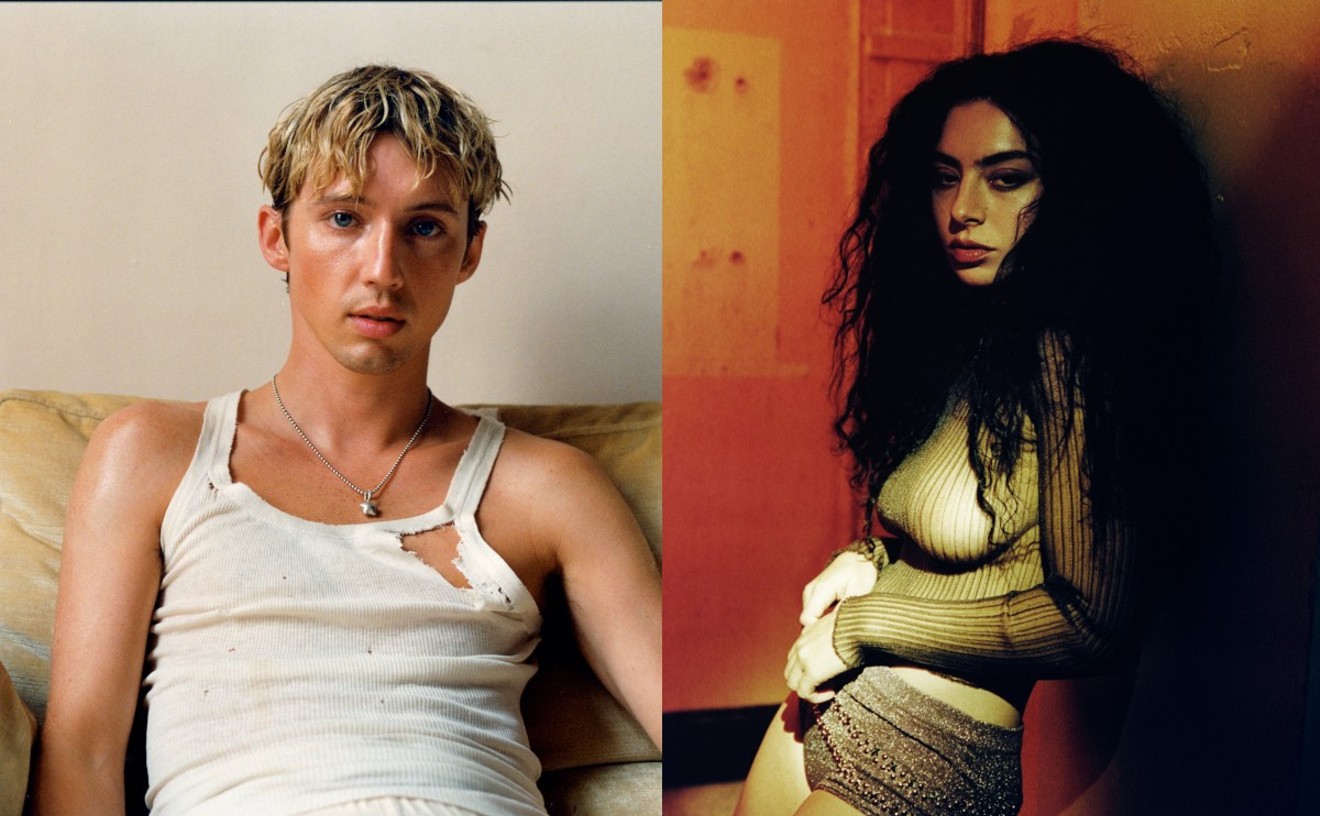The usually benevolent Broadbent and Juliet Stevenson are perfectly sadistic as Mr. and Mrs. Squeers, teachers and torture inflictors at the Yorkshire-based -- and quite disturbingly named -- Dotheboys Hall. Our young hero, Nicholas Nickleby (Charlie Hunnam), is dispatched to teach at the foul, abusive school after his father (Andrew Havill) dies, sending him, his mother (Stella Gonet), and his emotionally challenged sister, Kate (Romola Garai), to London to beg career-assistance from his tight-fisted uncle, Ralph Nickleby (Christopher Plummer). Mayhem ensues, especially when Nicholas takes it upon himself to avenge the ravaged orphans against Mr. Squeers, lighting out with the particularly thrashed laddie Smike (Jamie Bell of Billy Elliott). Miraculously, McGrath (who last directed Emma) tidies up Dickens' copious subplots without losing his essence.
Just about the only problem with this Nicholas -- essentially a centenary edition following the book's first cinematic adaptation in 1903 -- is that its lead is a pretty-boy liability. Posturing instead of acting, ditzy blond Hunnam (of Queer as Folk and Abandon) appears to be an extra or assistant gaffer who accidentally hit the jackpot. He stands on his marks, sports a foppish cravat and says all his words in the right order, but otherwise he's a black hole in the middle of his own movie, a wooden Nickleby. The shame is that the rest of the film is very impressive. Is it too late to replace him digitally?
In terms of design and execution, this Nicholas is a beaut, with the gorgeous, percolating score of Rachel Portman (Cider House Rules again!) interlacing the bucolic charm of the Nickleby country manor, the horrors of Dotheboys, and the grit and grime of modernizing London. If Dickens were alive today, he'd probably be writing for Friends (freakish but not implausible), since the foibles of his contemporaries most concerned him. Nicholas Nickleby was published in 1839, but McGrath and production designer Eve Stewart have pushed the story into the 1850s to capture the contrasts of the Industrial Revolution. The tasteful little revision works wonders, enhancing the cultural and economic sub- text, bringing richer meaning to the story's morals. One imagines the author would approve.










